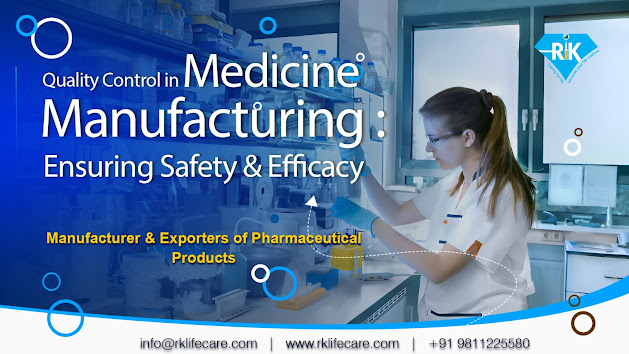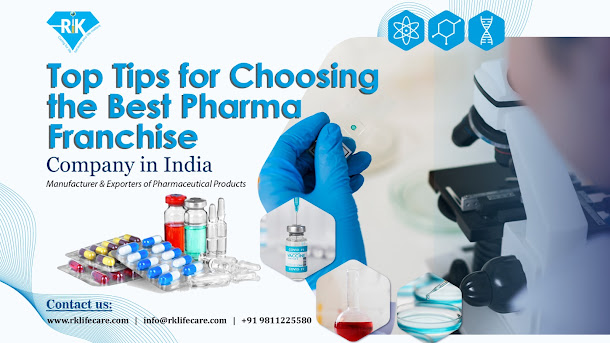Regulatory Compliance in Pharmaceutical Manufacturing: Ensuring Safety
In the fast-paced world of pharmaceutical manufacturing, ensuring regulatory compliance is paramount to guaranteeing safety and efficacy. This article will delve into the critical aspects of regulatory compliance in pharmaceutical manufacturing, shedding light on the intricate web of rules, guidelines, and quality standards that pharmaceutical companies must adhere to. From the inception of a new drug to its distribution in the market, every step must be meticulously controlled and documented to ensure the well-being of patients and the integrity of the industry.
Understanding Regulatory Compliance
The Role of Regulatory Authorities
Regulatory authorities such as the FDA (Food and Drug Administration) in the United States and the EMA (European Medicines Agency) in Europe play a pivotal role in setting the standards for pharmaceutical manufacturing. These agencies are responsible for establishing guidelines, conducting inspections, and approving drugs for market release.
Importance of Compliance
Regulatory compliance is not just a bureaucratic necessity; it is a matter of public health and safety. Deviations from regulatory standards can lead to dire consequences, including product recalls, legal actions, and harm to patients.
Key Regulatory Requirements
Good Manufacturing Practices
Good Manufacturing Practices (GMP) are guidelines that ensure the quality and consistency of pharmaceutical products. This includes proper documentation, equipment calibration, and personnel training.
Validation Processes
Validation processes are essential to prove that manufacturing consistently produces drugs of the required quality. This involves the validation of equipment, processes, and analytical methods.
Quality Control and Assurance
Pharmaceutical companies must establish rigorous quality control and assurance programs to monitor and maintain product quality. This includes in-process testing, batch-release testing, and stability studies.
Also read: Impact of COVID-19 on Indian Pharma Segment
Challenges in Compliance
Evolving Regulations
The pharmaceutical industry operates in a dynamic environment where regulations are continually evolving. Staying updated with the latest requirements is a constant challenge for manufacturers.
Globalization
With the globalization of pharmaceutical supply chains, companies must adhere to diverse international standards. Harmonizing compliance across different regions can be complex.
Data Integrity
Ensuring the integrity of data throughout the manufacturing process is crucial. Any manipulation or tampering with data can lead to regulatory violations and severe consequences.
Achieving Compliance
Training and Education
Investing in employee training and education is vital to instill a culture of compliance within an organization. Personnel must be aware of their roles and responsibilities in maintaining compliance.
Quality Management Systems
Implementing robust Quality Management Systems (QMS) is a proactive approach to achieving compliance. QMS helps streamline processes and minimize errors.
Auditing and Documentation
Regular internal audits and comprehensive documentation of all manufacturing processes and activities are essential. This provides transparency and accountability.
Conclusion
Regulatory compliance in pharmaceutical manufacturing is non-negotiable. It is the foundation upon which safe and effective medications are built. Staying compliant not only ensures the well-being of patients but also safeguards the reputation of pharmaceutical companies.
In summary, this article has highlighted the significance of regulatory compliance, key requirements, and the challenges faced. By investing in education, quality management systems, and robust documentation, companies can navigate the complex regulatory landscape successfully.




Comments
Post a Comment